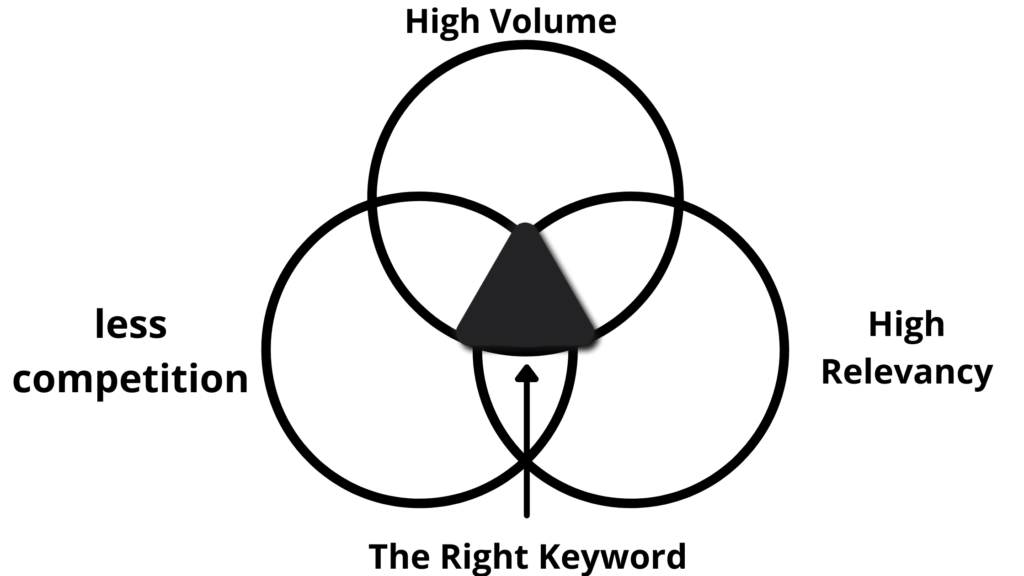In today’s digital age, search engine optimization (SEO) has become a crucial component of any successful online presence. Your website is your online business, it requires your attention regularly just like any brick and motor business, hence the need for SEO Basics.
By optimizing your website for search engines, you can improve its visibility, attract more organic traffic, and ultimately, drive conversions and revenue. But what is SEO for your website?
Understanding the Importance of SEO
To put it plainly, SEO basics , or Basic Search Engine Optimization, involves enhancing your website to enhance its presence on platforms like Google, Microsoft Bing, and other search engines. This means ensuring that your site appears prominently when people search for:
a. Products you offer.
b. Services you render.
c. Information on subjects in which you possess significant expertise or experience.
The greater visibility your web pages have in search results, the higher the likelihood of being discovered and clicked on by users. Ultimately, the objective of SEO Basics is to draw in website visitors who may potentially become customers, clients, or a recurring audience.
In this comprehensive guide, we’ll delve into the fundamentals of SEO and provide actionable tips to help you optimize your website for better search engine rankings.

By optimizing your website for relevant keywords and improving its overall visibility, you can increase the likelihood of your site appearing higher in search engine results pages (SERPs), driving more traffic to your site and increasing your chances of attracting potential customers.
Key Components of SEO Basics
SEO encompasses a wide range of tactics and strategies aimed at improving your website’s visibility in search engine results. Some of the key components of SEO include:
1. On-Page SEO: On-page SEO involves optimizing individual web pages to improve their search engine rankings and attract more organic traffic. This includes optimizing meta tags (title tags, meta descriptions), headings, and body content for relevant keywords, as well as optimizing images, URLs, and internal linking structure.
2. Off-Page SEO: Off-page SEO refers to activities conducted outside of your website that aim to improve its search engine rankings. This includes building backlinks from other reputable websites, engaging in social media marketing, and participating in online communities and forums.
3. Technical SEO: Technical SEO focuses on optimizing the technical aspects of your website to improve its search engine rankings. This includes ensuring your website is mobile-friendly, optimizing site speed and performance, fixing crawl errors, and implementing structured data markup.
4. Content Marketing: Content marketing strategy plays a crucial role in SEO by providing valuable, relevant, and engaging content that attracts and retains your target audience. This includes creating high-quality blog posts, articles, videos, infographics, and other types of content that address the needs and interests of your audience.
5. Local SEO: Local SEO is essential for businesses with a physical presence, as it helps them attract customers in their local area. This includes optimizing your website for local keywords, claiming and optimizing your Google My Business listing, and earning positive reviews from satisfied customers.
Actionable Tips for Optimizing Your Website for Search Engines
Now that we’ve covered the key components of SEO, let’s explore some actionable tips to help you optimize your website for better search engine rankings:
1. Conduct Keyword Research: Start by identifying relevant keywords and phrases that your target audience is likely to search for. Use keyword research tools like Google Keyword Planner, SEMrush, or Ahrefs to identify high-volume keywords with low competition.

2. Optimize On-Page Elements: Once you’ve identified your target keywords, incorporate them strategically into your website’s meta tags, headings, and body content. Ensure that each page on your website has a unique and descriptive title tag and meta description that accurately reflects its content.
3. Create High-Quality Content: Content is king in the world of SEO, so focus on creating high-quality, relevant, and engaging content that provides value to your audience. Publish regular blog posts, articles, videos, and other types of content that address the needs and interests of your target audience.
4. Improve Website Performance: Optimizing your website’s performance is essential for SEO, as slow-loading pages can negatively impact user experience and search engine rankings. Minimize server response times, optimize images and other media files, and leverage browser caching to improve page load times. At Aggmark we recommend WP Rocket as the best WordPress caching plugin to achieve incredible speed results and optimize your website for core web vitals.
5. Build Quality Backlinks: Backlinks are a crucial ranking factor in SEO, so focus on building high-quality backlinks from authoritative websites in your industry. Reach out to relevant websites and blogs to request backlinks, participate in guest blogging opportunities, and engage in content promotion and outreach activities.
6. Optimize for Mobile: With the increasing use of mobile devices for browsing the web, it’s essential to ensure your website is mobile-friendly. Use responsive design techniques to create a seamless and intuitive user experience across all devices and screen sizes. Our developers incorporate these technics when developing your website and make sure your website is mobile friendly.
7. Monitor and Analyze Performance: Regularly monitor your website’s performance using tools like Google Analytics, Google Search Console, and other SEO analytics platforms like SEMrush, Moz and Screaming Frog among others. Track key metrics such as organic traffic, keyword rankings, backlink profile, and user engagement to identify areas for improvement and optimize your SEO strategy accordingly.

Conclusion
SEO is a multifaceted discipline that requires careful planning, execution, and ongoing optimization to achieve success. By implementing the actionable tips outlined in this guide, you can optimize your website for better search engine rankings, attract more organic traffic, and ultimately, achieve your business goals.
However, navigating the complexities of SEO can be daunting, which is why Aggmark is here to help. Our team of experienced SEO professionals specializes in implementing effective SEO basics strategies tailored to your unique business needs. From conducting thorough keyword research and optimizing on-page elements to building quality backlinks and analyzing performance metrics.
We have the expertise and resources to elevate your website’s visibility and drive tangible results. Partner with Aggmark today and unlock the full potential of SEO to propel your business to new heights in the digital landscape.

